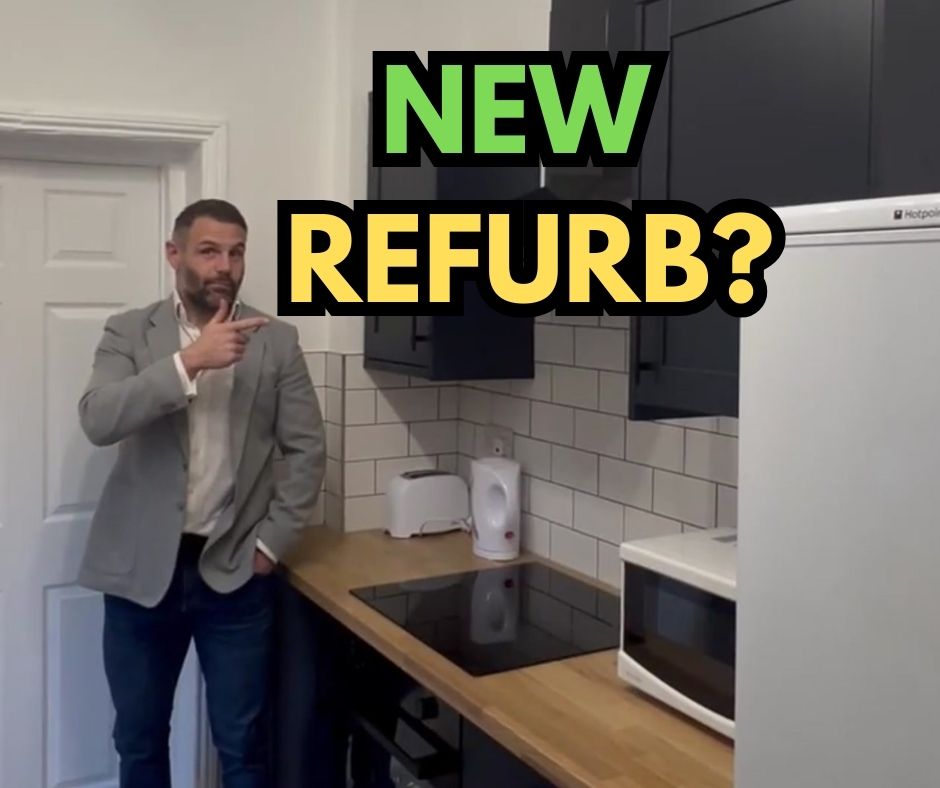FACTS OR MYTHS? Information for all new or existing landlords: This article is a refresher for new or existing landlords to share some...
FACTS OR MYTHS?
Information for all new or existing landlords:
This article is a refresher for new or existing landlords to share some of the scare topics which were shared last year via FACEBOOK and LINKEDIN about “what are the legal obligations for Landlords when it comes to Smoke Alarms, C02 detectors and Legionella disease”. I want to use this email to firm up the FACTS and get rid of the myths that are still out there at the moment.
SMOKE ALARMS
There was a new legislation for smoke alarms that came in last year on the 1st October 2015. If you don’t comply you could be fined up to £5,000.00.
LET’S BREAK IT DOWN:
EXISTING LEGISLATION – New Builds:
- Hard wired interconnected smoke alarms became a legal requirement in new build properties from June 1992.
EXISTING LEGISLATION – House in Multiple Occupation:
- A hard wired interconnected smoke alarm is a legal requirement.
CURRENT LEGISLATION – Single Lets:
- Since the 1st October 2015, a smoke alarm needs to be installed on every floor and needs to be tested at the start of any new tenancy agreement.
- It is law for NEW tenancies from this date.
- The smoke alarm needs to meet British Standard – BS 5839-6:2013.
- The smoke alarm DOES NOT need to be hard wired.
Landlords – Change your tenancy agreement so it has a signed section that you have installed the smoke alarm and tested it.
C02 DETECTORS
CURRENT LEGISLATION- Single Lets
- Since the 1st October 2015 a new tenancy requires a C02 detector to be installed in any room which contains a solid fuel burning combustion appliance. This applies to any kind of wood burning stove or an open coal fire.
- NGU Homelettings have also taken the stance to install C02 detectors in any area that has a combi boiler in a living room or a bedroom and any area that has a gas fire.
LEGIONELLA DISEASE
- Landlords have a responsibility to do a risk assessment for Legionella disease on their property.
- Legionella Disease is a fatal form of pneumonia.
- Most rented properties will be low risk.
- There is not a definitive interpretation of the law. Every case is different and only a court can decide the outcome.
- Like an Electrical Inspection Certificate – there is no legal requirement saying you have to have your property assessed (single lets), only you have done a “risk assessment” and you have kept records for 5 years.
- Put the responsibility onto your letting agency – make sure their staff have taken a risk assessment legionella training cause.
- Do not get fooled into paying for your property to be “Legionella Diseased Assessed” if your letting agency asks you to pay for this.
We are still surprised how many new or existing landlords that we speak to who are not aware of this current legislation.
If you want a letting agency that is obsessed with the FACTS about managing your properties correctly, please get in contact with us.
Click on the link below to contact us:
https://www.nguhomelettings.com/contact.php
Investment property that will run itself letting you do the things that you enjoy


 posted by
posted by 


Share this with
Email
Facebook
Messenger
Twitter
Pinterest
LinkedIn
Copy this link